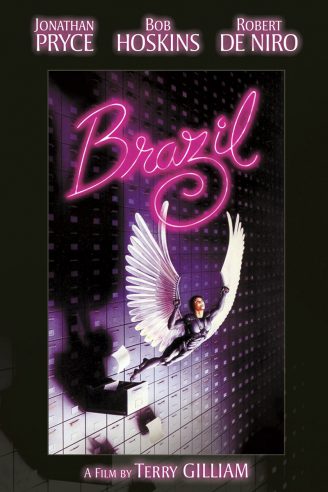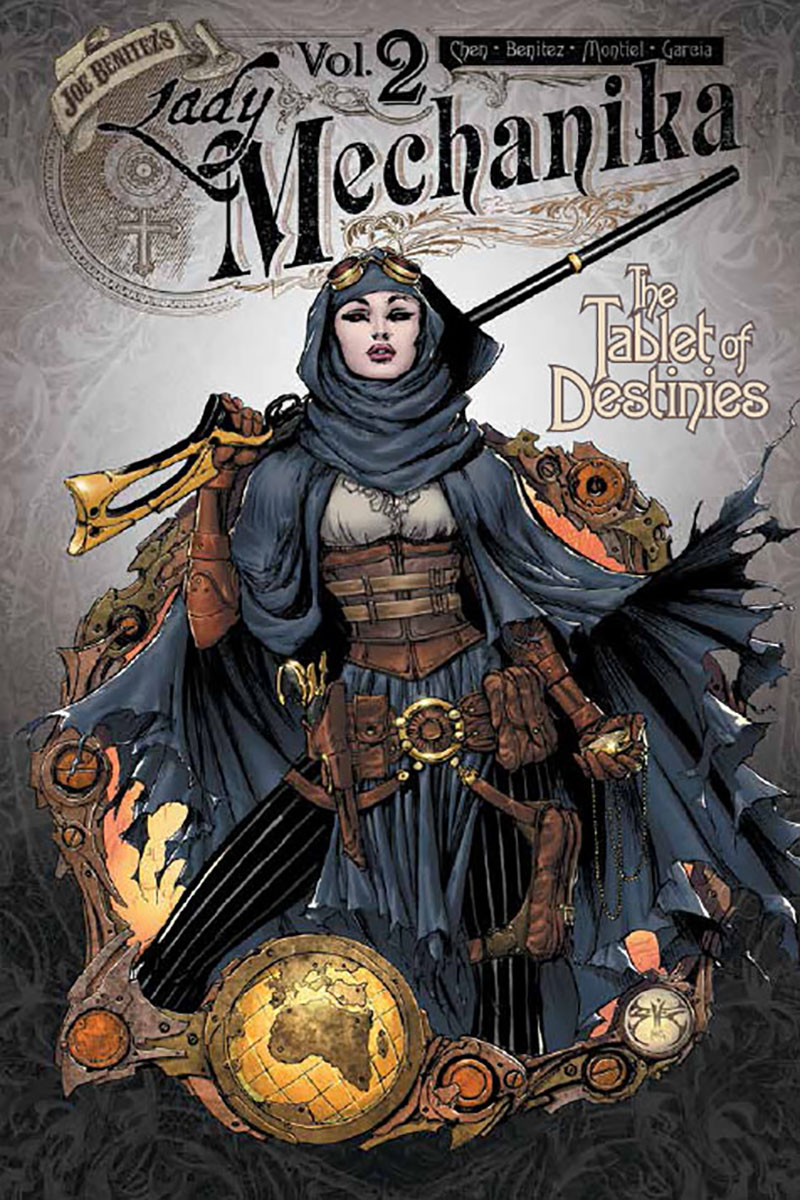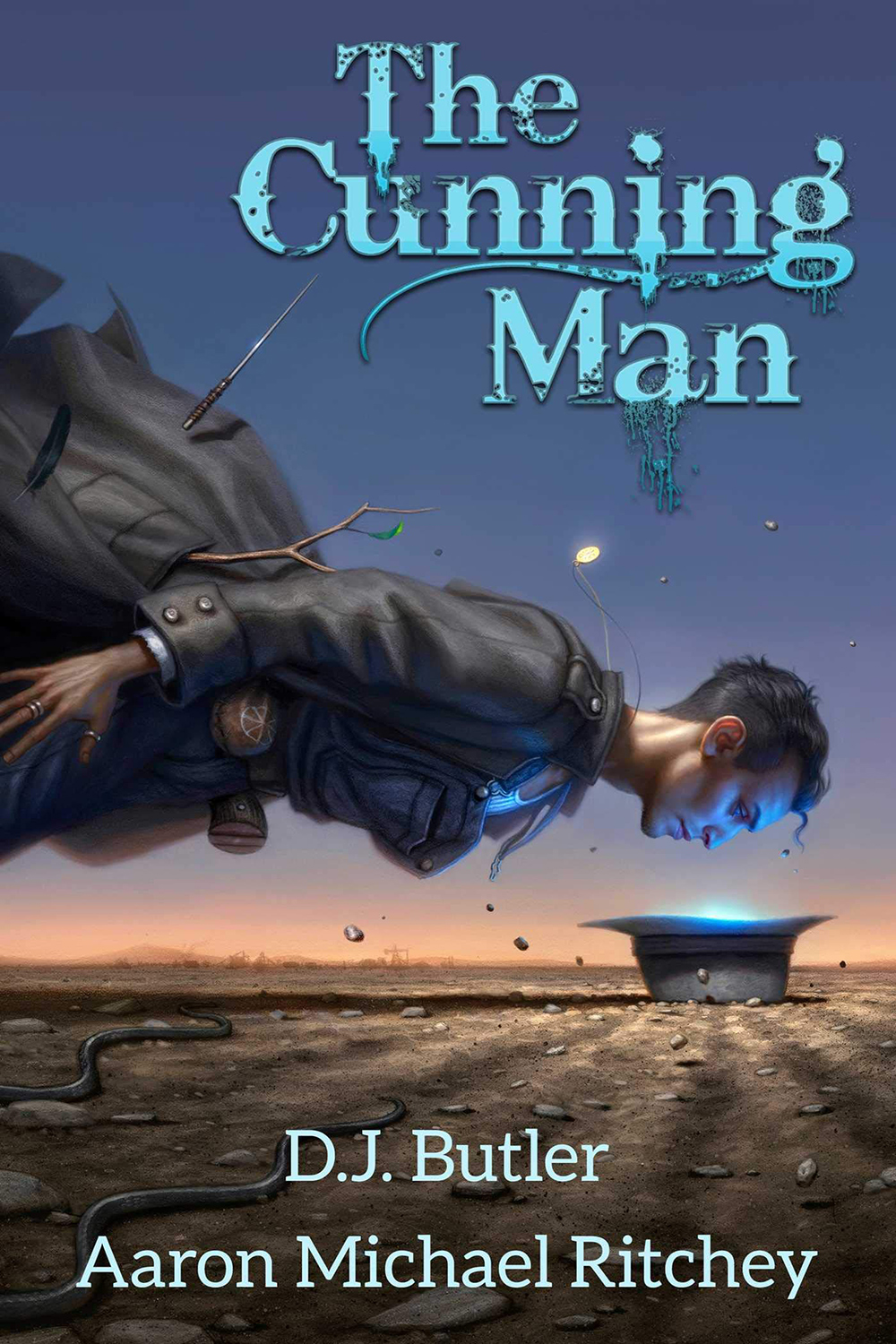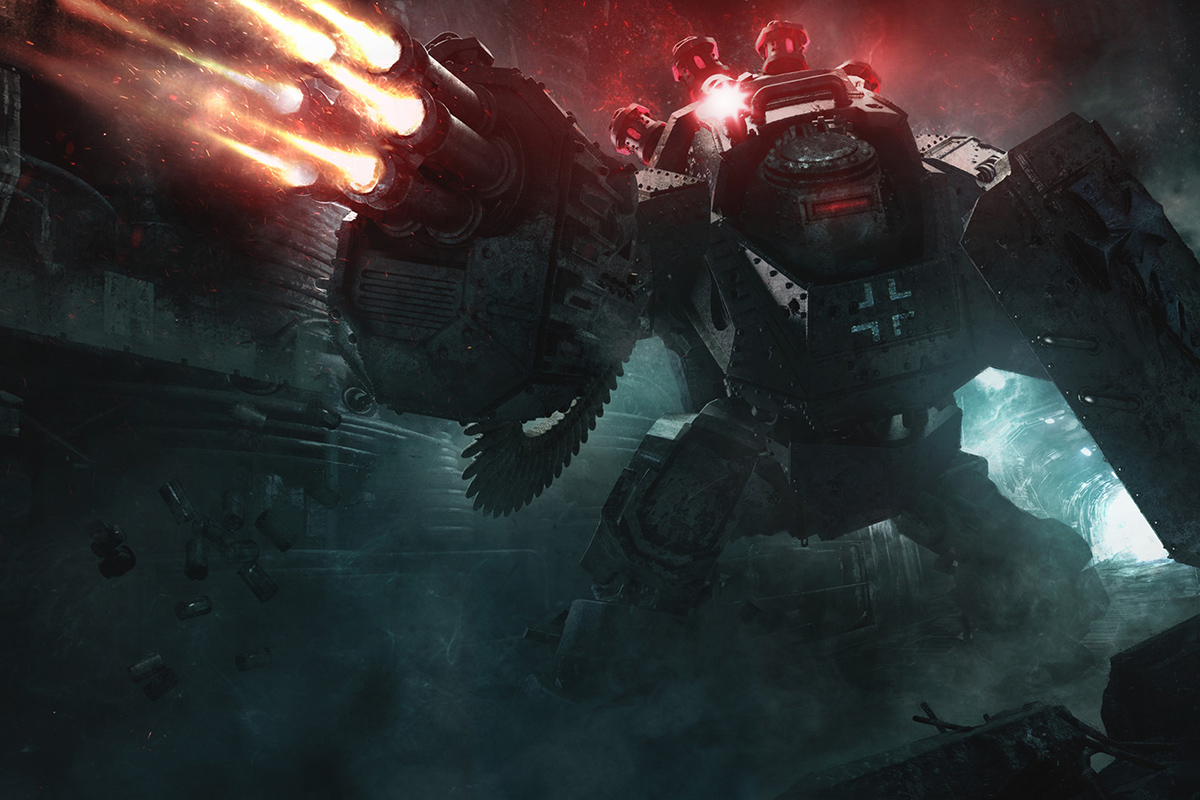I’ll slip in a current-affairs reference into this article for, let’s face it, recession’s not exactly painting the landscape in bright, Wizard of Oz Technicolor shades of glorified self-smugness. It is grey and gloomy; distinct features of the misery of dreary, dire dystopia.
But I will not go so far as to say that society at the moment is sliding deeper into Orwellian doom, because that would be a rather grim view and detract from the fact that this is meant to segue into a positive review about a jolly good film.
By definition a film by Terry Gilliam is not going to be an easy ride. A member of the famous comedy group Monty Python, Gilliam’s surreal animations for Monty Python’s Flying Circus reflect his unique and — shall we say — highly imaginative styles that can be seen throughout his films, which include Twelve Monkeys, set in a post-apocalyptic future, and Fear and Loathing in Las Vegas.
It could be said that his cinematic pièce de résistance is Brazil.
The film was released in 1985 and nominated for two Academy Awards. We enter the life of one Sam Lowry (Jonathan Pryce), a menial office lackey in the Ministry of Information. Sam is a dreamer who imagines himself to be a flying hero rescuing an unknown blonde woman from the evil of the fantasy around them, but he constantly finds his dreams interrupted by the stark grey bureaucracy of his life.
Sam’s mother, Ida Lowry (Katherine Helmond), is an unsympathetic socialite, who is more interested in advancing her son’s career and her own cosmetic surgery than listening to his problems.
From these seemingly pleasant-sounding scenes comes a darker side to Sam’s world.
Sam becomes dragged into Kafkaesque intrigue when a typing error causes the wrong man to be brought in for “special” questioning by Information Retrieval, resulting in the man’s death. Things take a turn for the strange when Jill (Kim Greist), the woman who witnesses the man being taken in, appears to look like the woman who Sam has been dreaming about saving.
From here, Gilliam leads the viewer on a chiaroscuro of confusion, wonder and dark abandon to how Sam’s actions at breaking the bureaucratic system lead to the film’s ultimately bittersweet end.
Also starring Michael Palin (also of Python fame), Robert De Niro and Ian Holm, Brazil is a masterpiece of the dystopian genre. I would not class it as an all-out dieselpunk film, perhaps even proto-cyberpunk, but the styling and costuming would not be out of place in a film noir setting, with Elsa Schiaparelli-inspired hats worn by Ida Lowry. The transport vehicles are both modern and futurist in glance, with lorries and vans next to the peculiar “bubble car” that Sam drives in the early part of the film.
Technology is also original, with telephones missing numbers and requiring the plugging in of wires to contact people (plugging in and pipes make up a lot of Brazil‘s universe). The computers are retro in appearance, but not reminiscent of any era (not even the 1980s). Posters seen around the film read like a cross between World War II inspirational posters and Soviet propaganda, with taglines as: “The Truth Will Make You Free”, “Don’t Suspect A Friend, Report Him”, “Be Safe: Be Suspicious”.
Gilliam uses colors and setting to his advantage, with Ida Lowry’s shock, almost clown-like orange hair and muted grays to depict Sam’s despairing reality compared to the blue skies and bright sunlight of his dreamworld.
It would not be right to ignore that Brazil bears much resemblance to George Orwell’s Nineteen Eighty-Four, itself a grim metaphor for totalitarian regimes, also involving a protagonist who wants to break the oppressive system for a fleeting glimpse of what used to be better.
However, one could argue that Gilliam’s film looks more at the repetitive bureaucracy and also the increasingly commercial nature of society while Orwell’s novel has political overtones.
Brazil is indeed my favorite film. It is both funny and sad, deep and light, beautiful to look at while gritty and dark, weird and wonderful, fantasy yet a reflection on reality. There are moments of violence, often juxtaposed with a scene of calm, almost encroaching on horror, but in Gilliam’s dystopia, you would not expect anything less.
It should be warned that there are two versions of Brazil: one featuring the accepted, and Gilliam’s preferred, ending, and one with the love-conquers-all end demanded by the producers that butchered the film. See the accepted ending. The other one just doesn’t work. People may like a happy end, but this statement simply does not agree with the film. Trust me.
In the end, Brazil is a must-see for all fans of dystopian cinema and it looks good on your DVD shelf next to Dark City and Blade Runner.
This story first appeared in Gatehouse Gazette 6 (May 2009), p. 12-13, with the headline “Beneath an Amber Moon; Brazil”.





